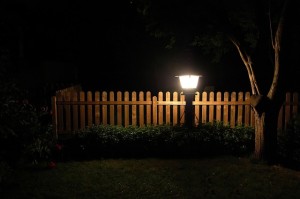If the grocery store shelves were any indication, you might assume that the best way to treat COVID-19 is with toilet paper and paper towels.
It shouldn’t be a surprise, I suppose: in a time when there’s so little we can control, we can at least have the tangible relief of knowing our cabinets are well stocked.
I confess that I’m a saver by nature, even under non-pandemic circumstances. I like to have backups, and backups for my backups. In this season of unknowns, I’ve been fighting my instinct to hoard everything from supplies to money to time to yes, toilet paper. How long will this last? What if we lose our jobs? What if there’s a global food shortage? What if . . . what if . . . what if?
Then I read the account of Jesus’ feet being anointed with oil during holy week, and it struck me in a new way in this Era of Empty Store Shelves.
A few days before he died, Jesus went to the home of his friends Lazarus, Martha, and Mary. And there, Mary enacted a gesture of extreme love and generosity.
Mary took a twelve-ounce jar of expensive perfume made from essence of nard, and she anointed Jesus’ feet with it, wiping his feet with her hair. The house was filled with the fragrance.
John 12:3
According to some scholars, this jar of perfume was likely Mary’s dowry—what would have been given to a suitor to pay the bride price. The perfume was essentially her past and her future . . . and she lavished it on Jesus in a single extravagant outpouring.
She didn’t hoard her gift. She didn’t measure it out, a little at a time. She didn’t cling to it as her security. She wasn’t consumed by a scarcity mindset.
She embraced the present moment and seized the sacred now. She poured out what she had—all of it.
And I wonder, what would it look like to pour out extravagant love and generosity in this season?
I want to keep my eyes and my hands and my heart open.
I want to love and give extravagantly.
I want to pour out what I’ve been given.
I’d like to think that if Jesus wanted my last roll of toilet paper, I’d give it to him.
Go peaceful
in gentleness
through the violence of these days.
Give freely.
Show tenderness
in all your ways.God hold you,
Northumbria Community meditation
enfold you,
and keep you wrapped around His heart.
May you be known by love.





